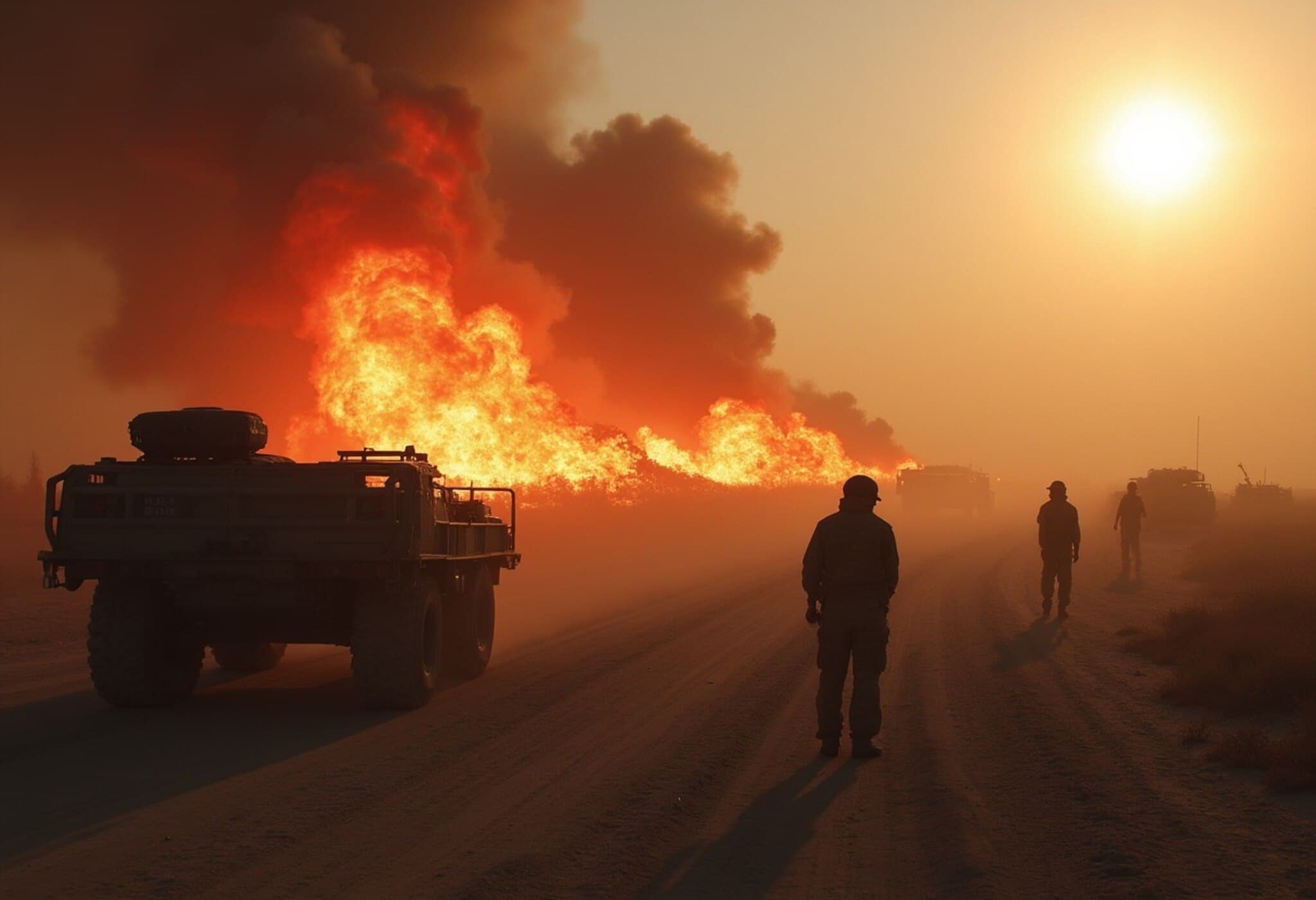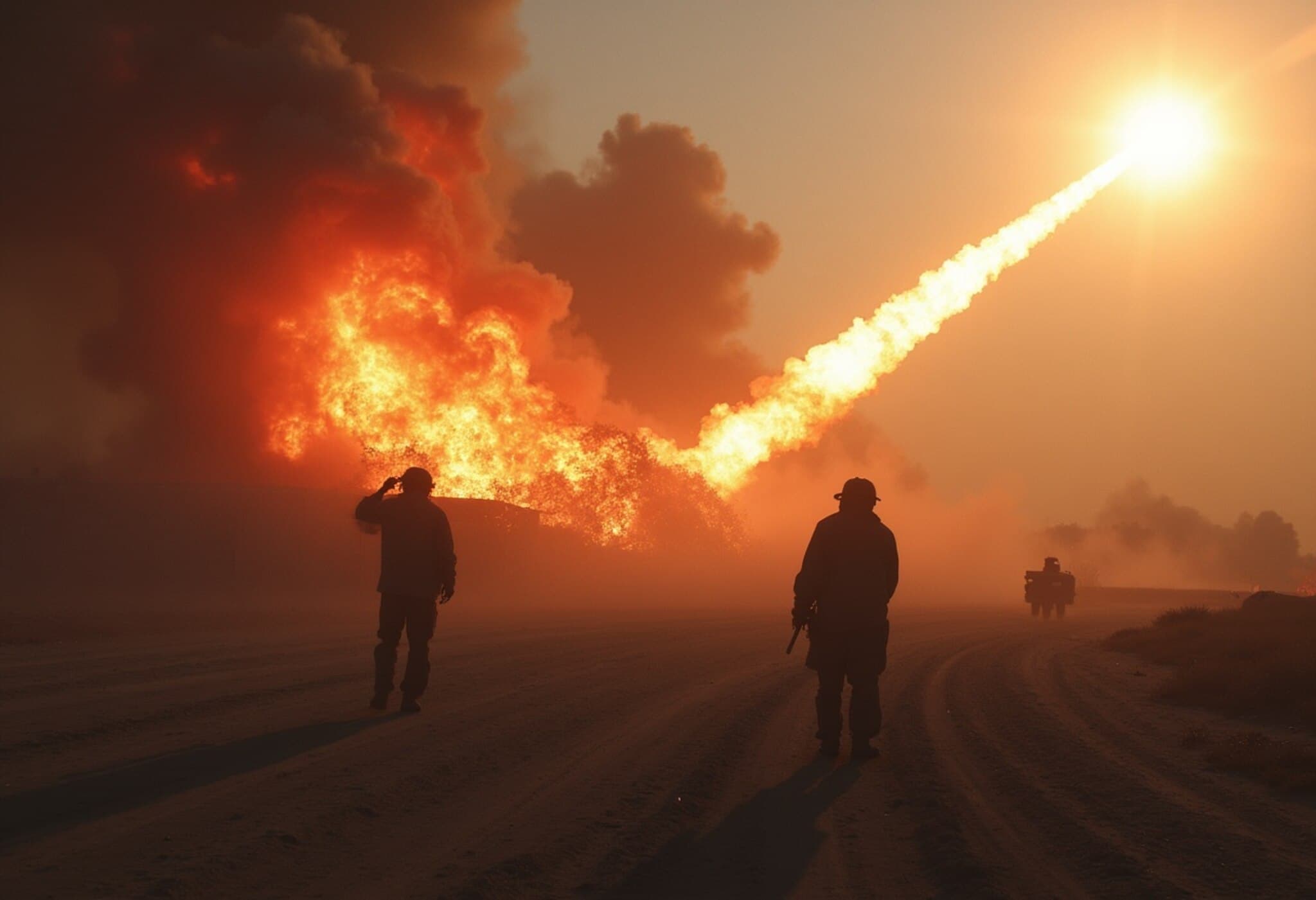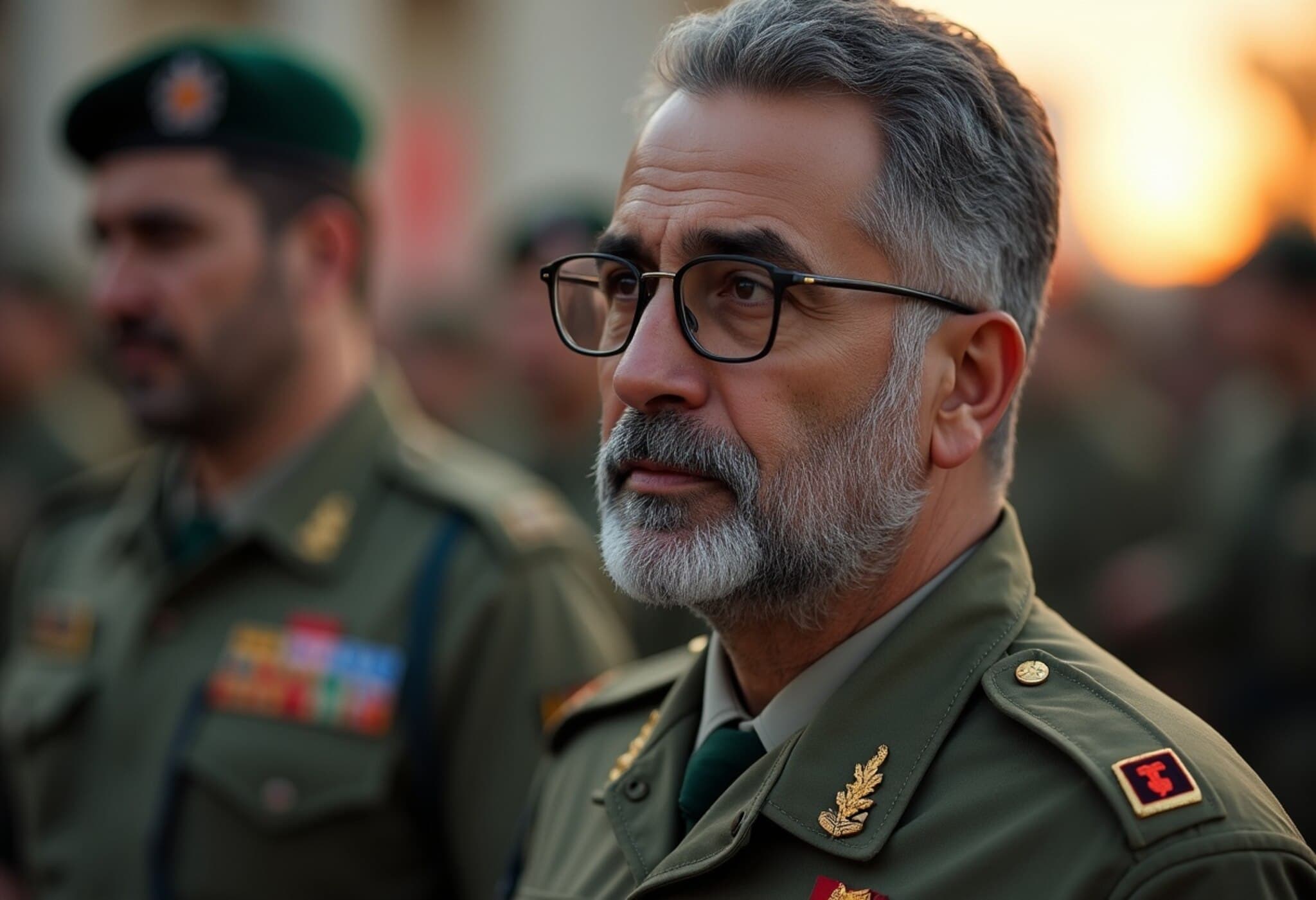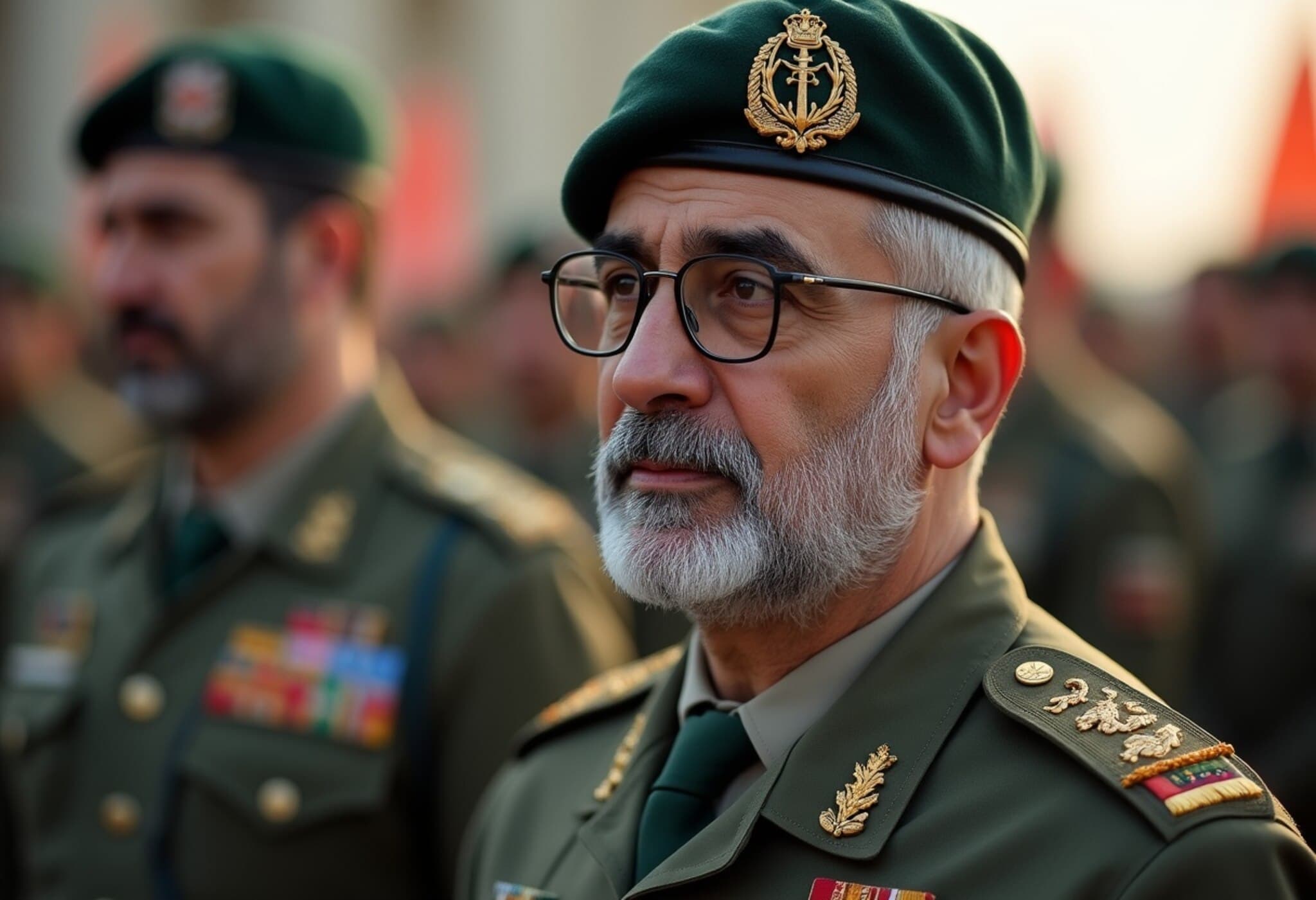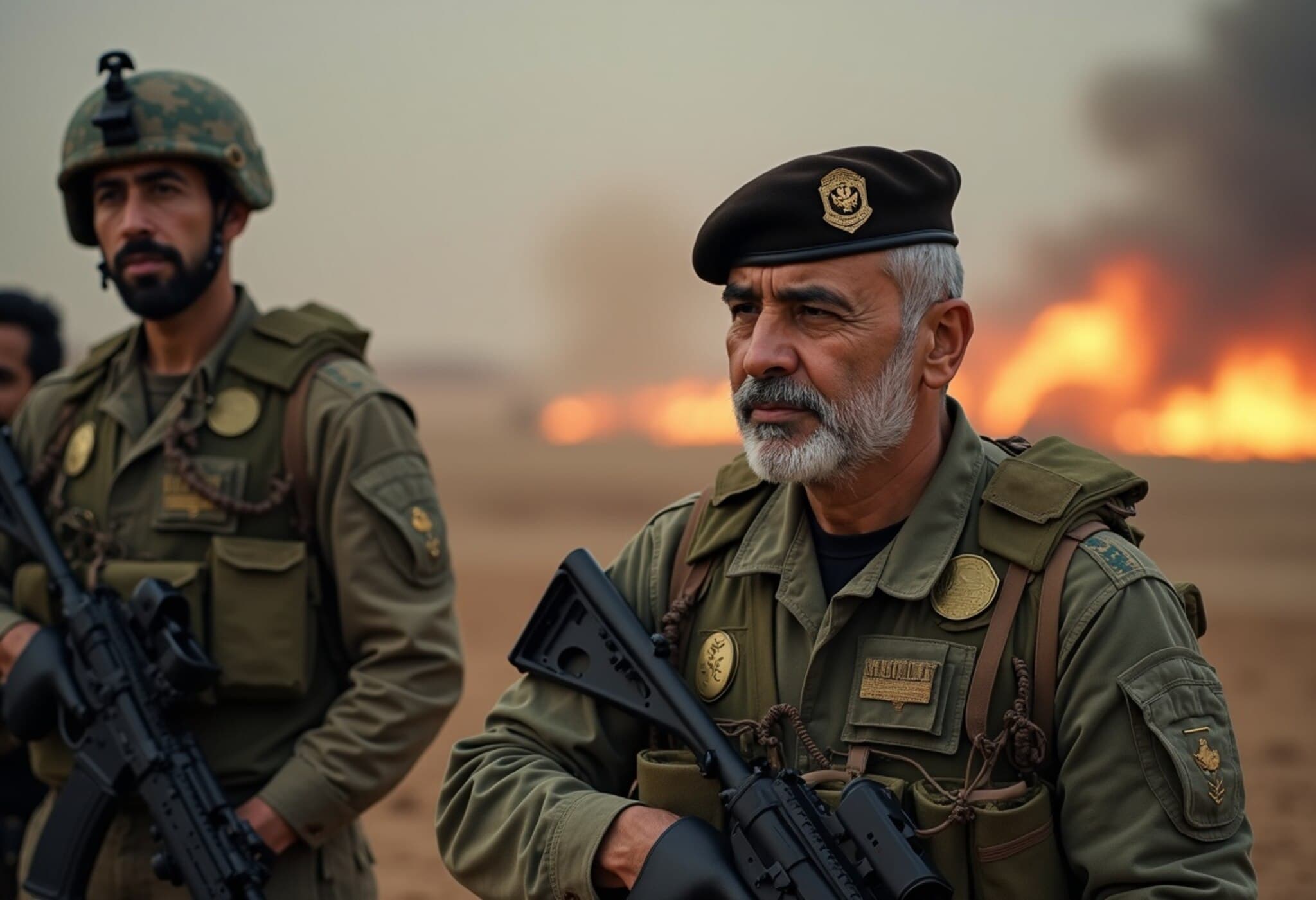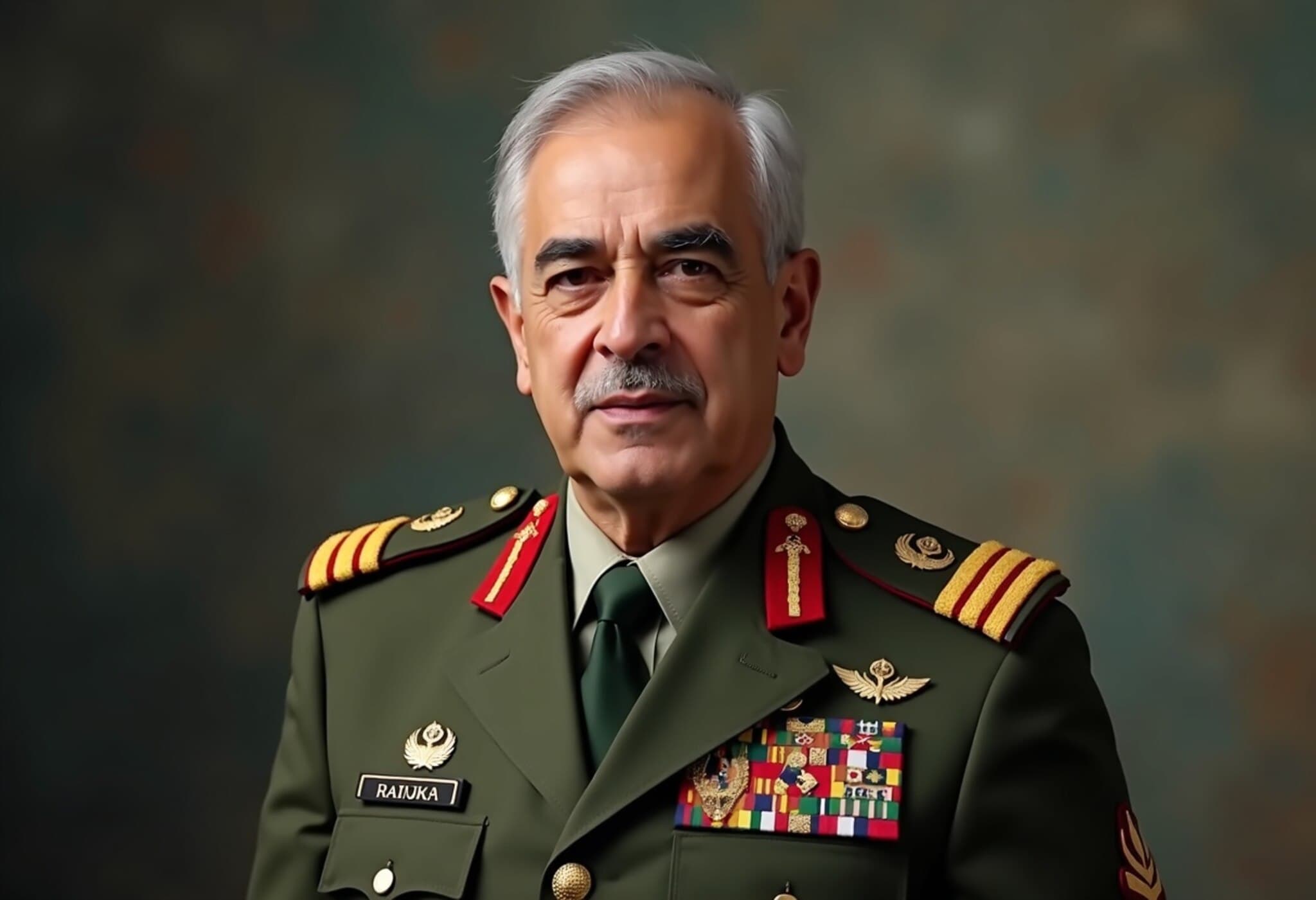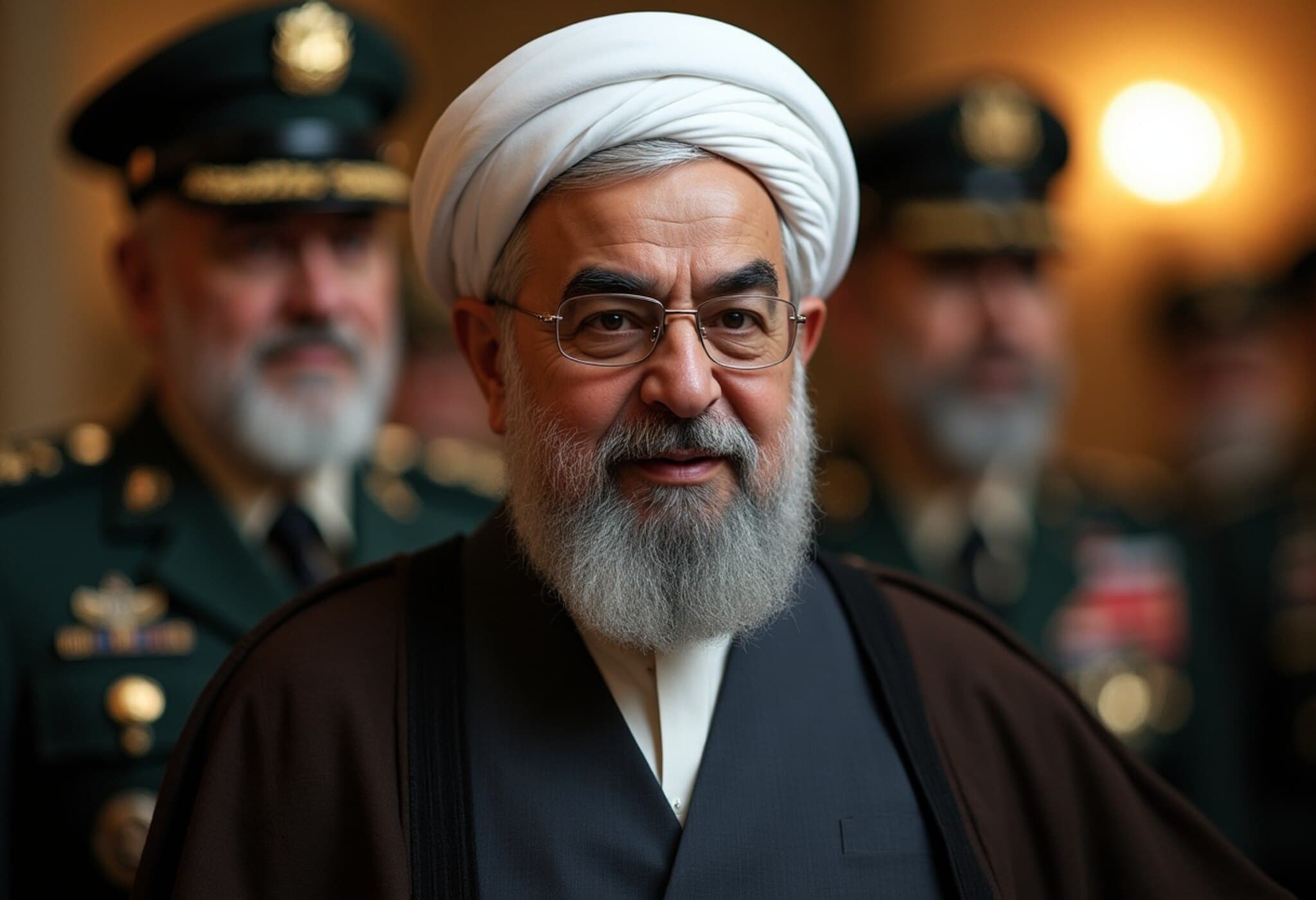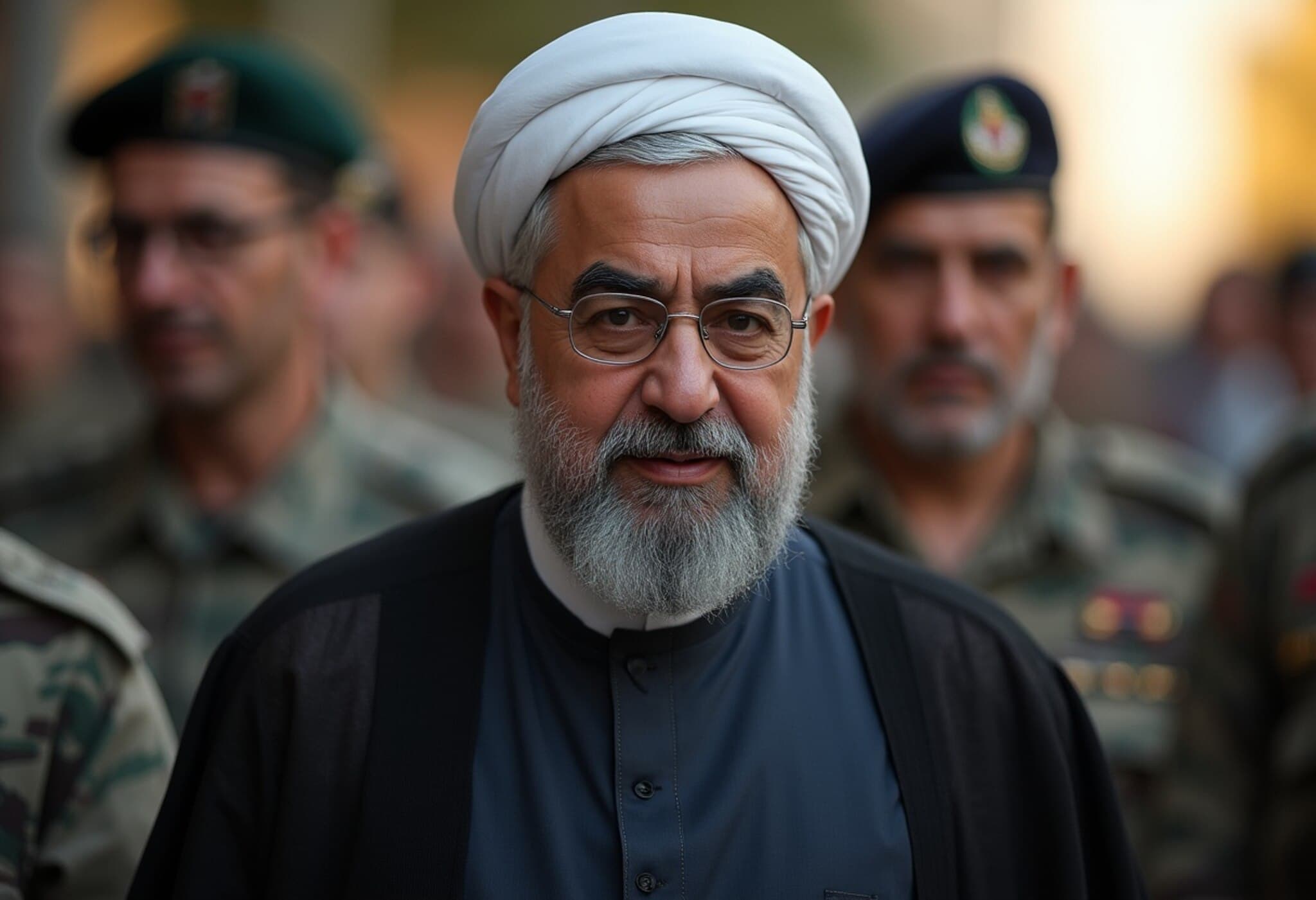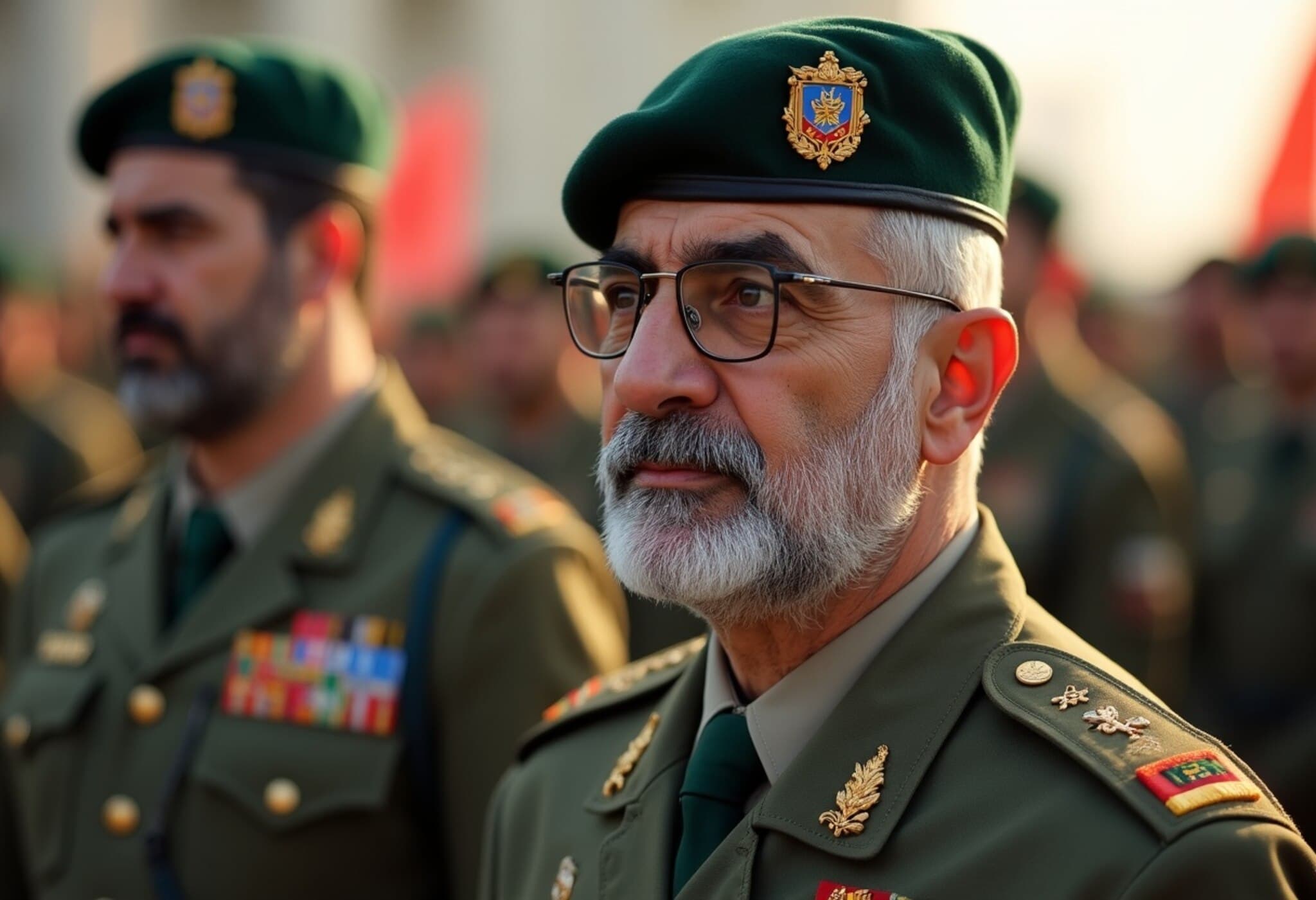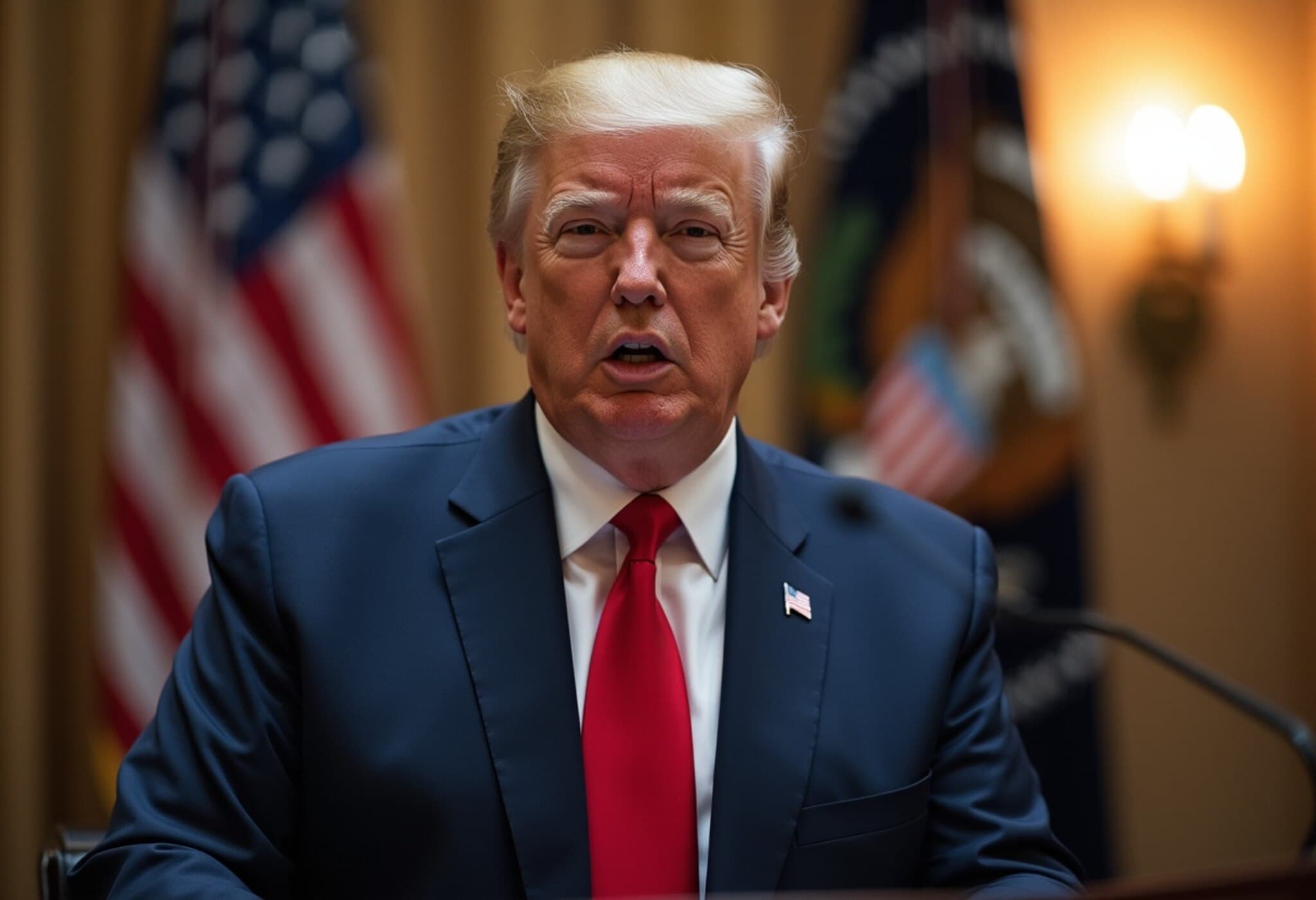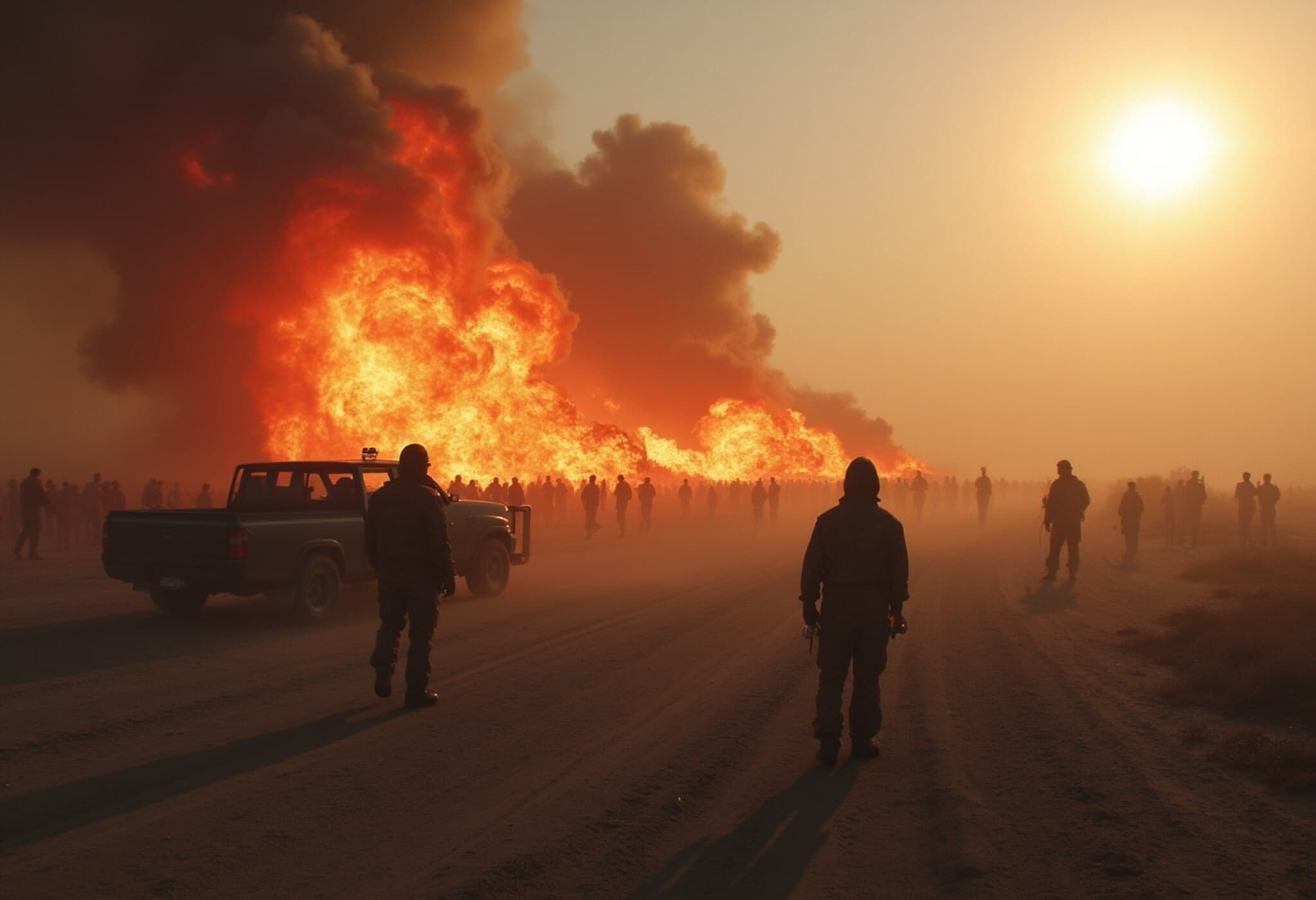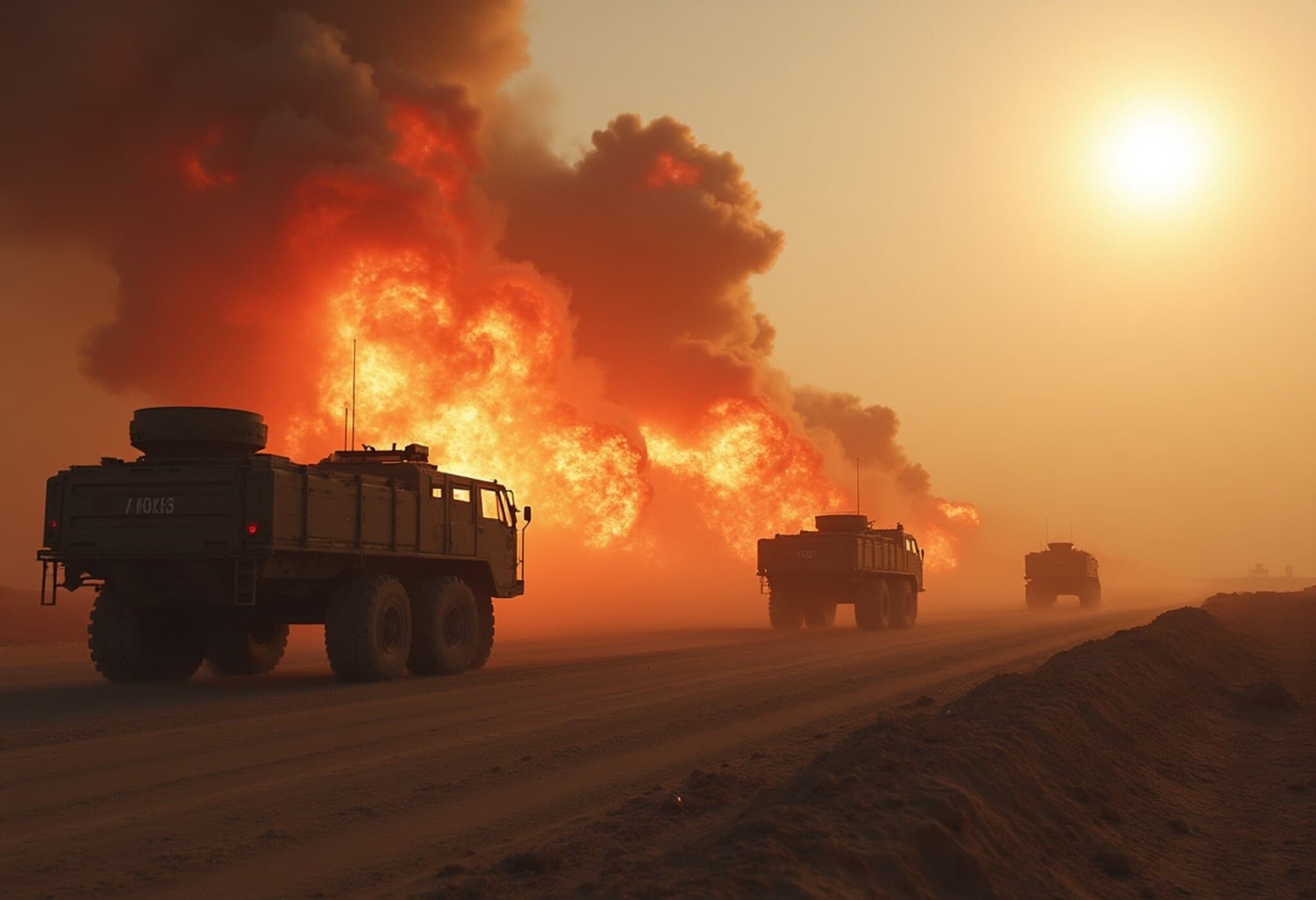Iran Turns to BRICS for Support Amid Regional Isolation
After enduring nearly two weeks of conflict, Iran finds itself increasingly isolated in the Middle East. Yet, despite mounting sanctions and recent military strikes from Israel and the United States, Tehran is looking beyond its borders for allies. Its focus now shifts to the emerging economic coalition known as BRICS, where Iran hopes to reinforce its standing on the global stage.
BRICS Summit in Rio: A New Arena for Diplomatic Maneuvering
Beginning this Sunday in Rio de Janeiro, Iran will participate in a two-day BRICS summit alongside Brazil, Russia, India, China, South Africa, and other partner nations. As a newcomer to this influential group, Iran aims to signal it is not isolated but rather supported by a coalition representing over half of the world's population.
The timing is critical. In June, following Israeli and U.S. military operations targeting Iranian sites, the BRICS bloc voiced "grave concern", condemning the strikes as violations of international law and the United Nations Charter. However, the statement carefully avoided directly criticizing either Israel or the United States, revealing underlying tensions within the alliance.
Internal Divisions Challenge BRICS Unity
Reports suggest significant debate among BRICS members over how forcefully to denounce the recent attacks on Iran. This discord exposes limits in the grouping's ability to forge a united front against Western powers, despite its aspiration to offer a geopolitical counterbalance.
One expert summed it up plainly: "There is no alignment whatsoever on Iran within BRICS," highlighting the alliance's reluctance to take a confrontational stance that might jeopardize its broader interests.
The Road Ahead: Testing a New World Order
For Iran, the BRICS summit represents more than just a diplomatic meeting—it is an opportunity to anchor itself within a shifting international order. By securing more explicit backing from these emerging economies, Iran hopes to offset Western pressure and reinforce its sovereignty amid ongoing conflicts.
Yet the evolving dynamics within BRICS underscore the complicated balance of alliances in today’s world, where competing interests often temper solidarity. As Iran seeks support, the alliance itself grapples with the challenge of maintaining cohesion while confronting divisive global issues.
Image credit: A bustling Valiasr Square in Tehran, a symbol of Iran's resilience amid geopolitical tensions.





